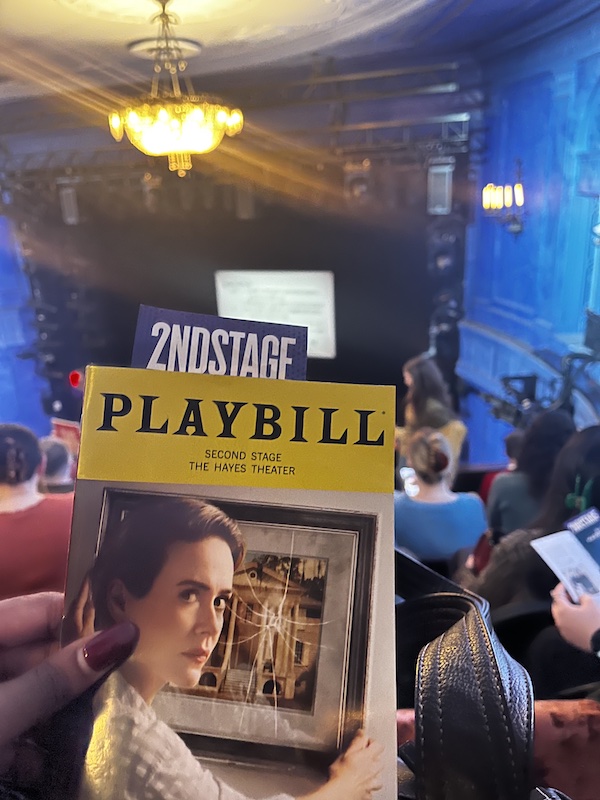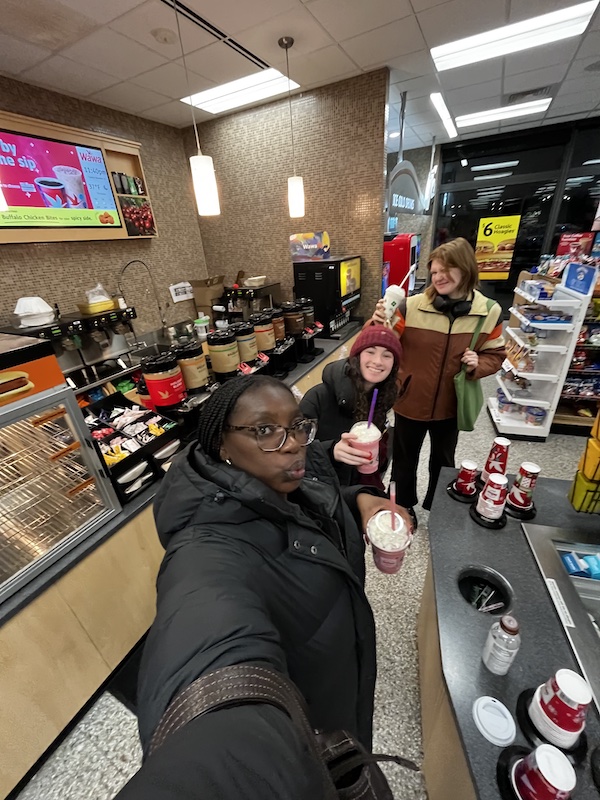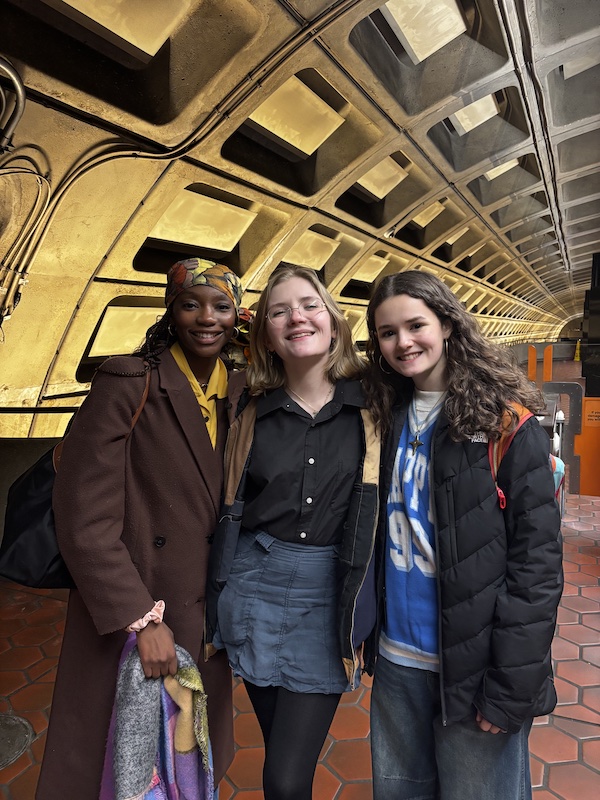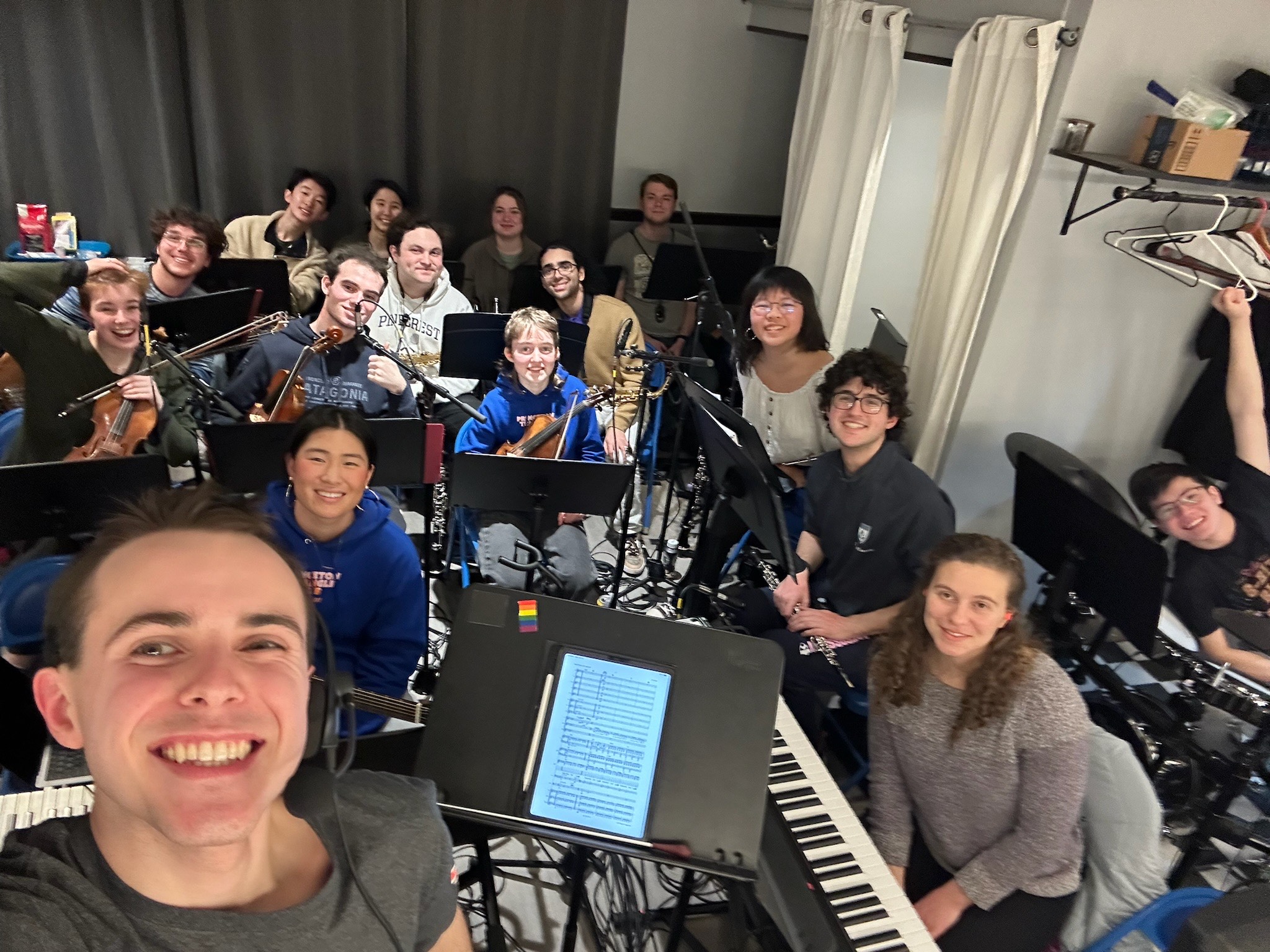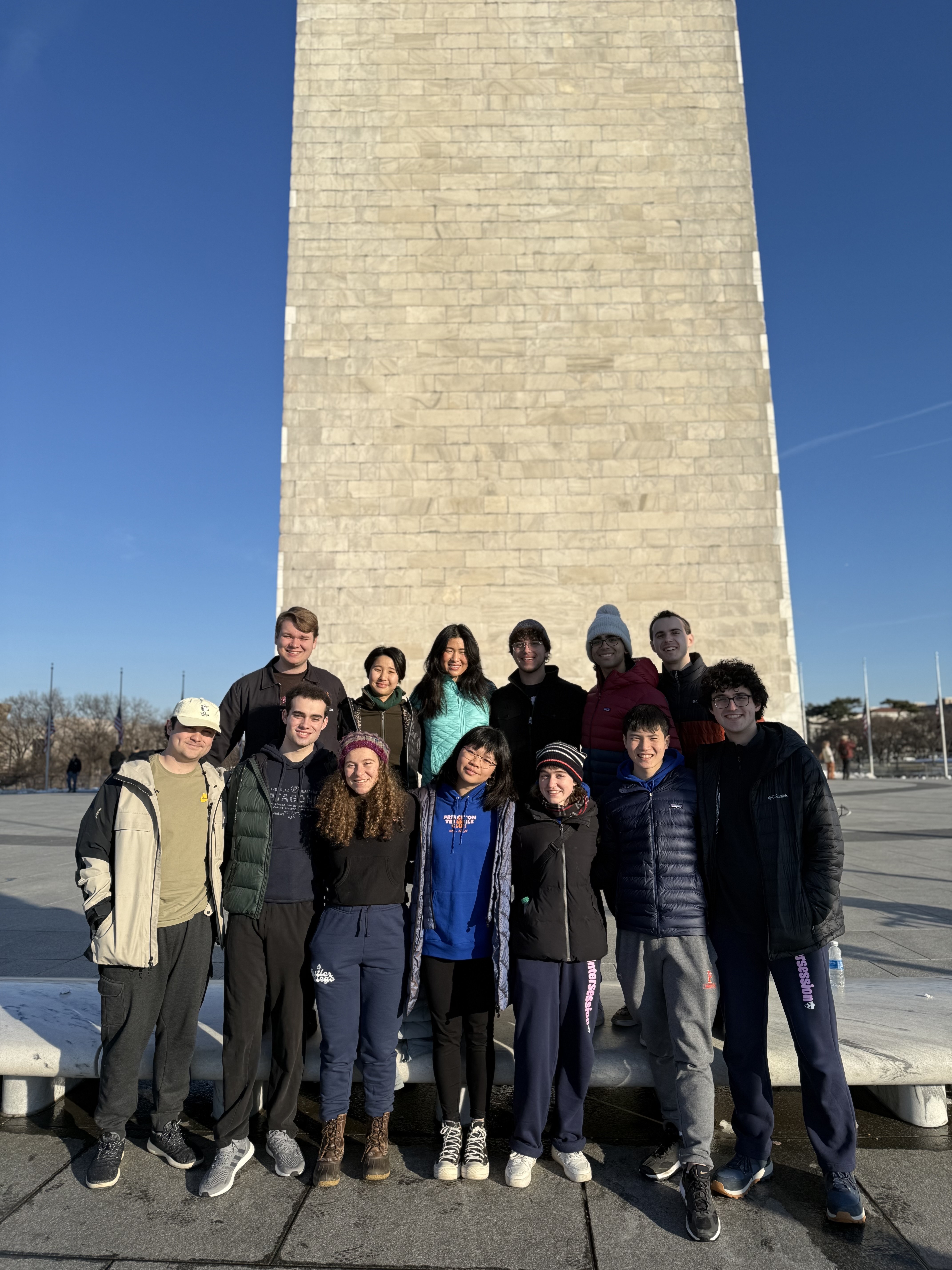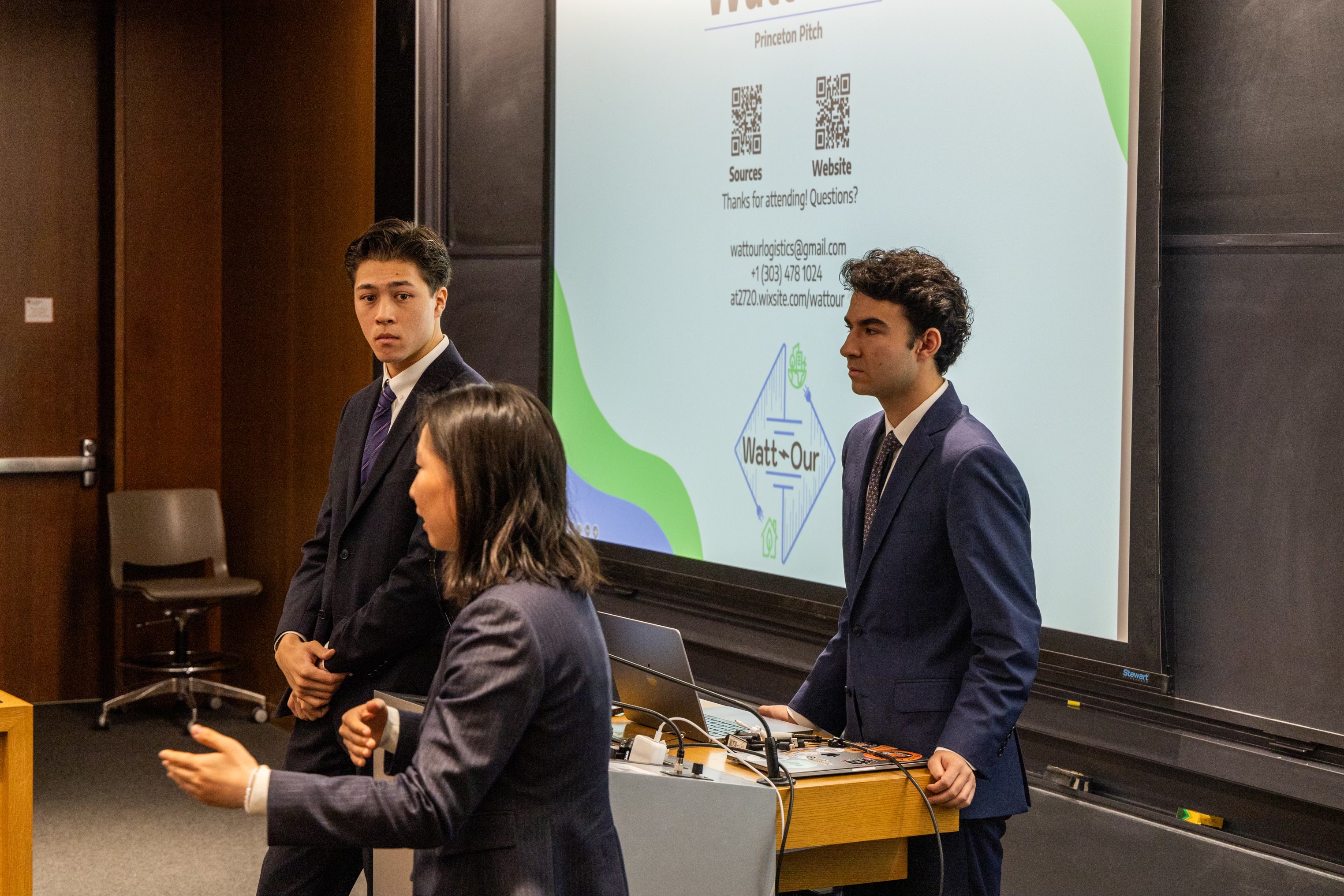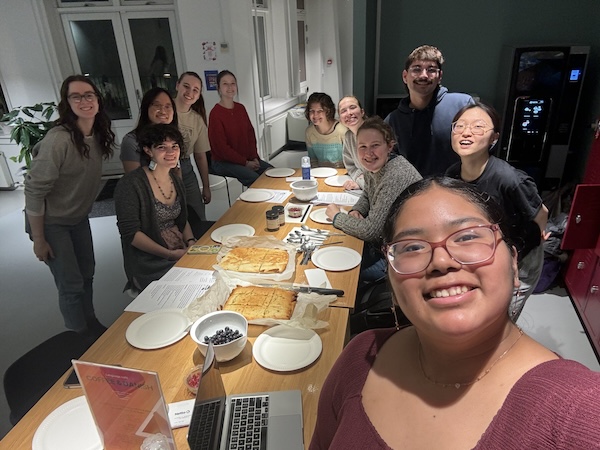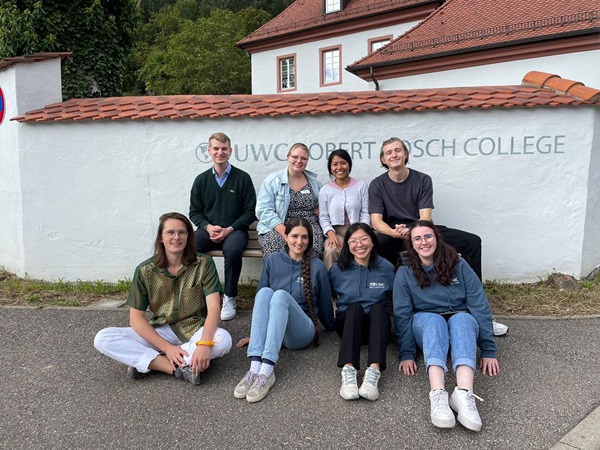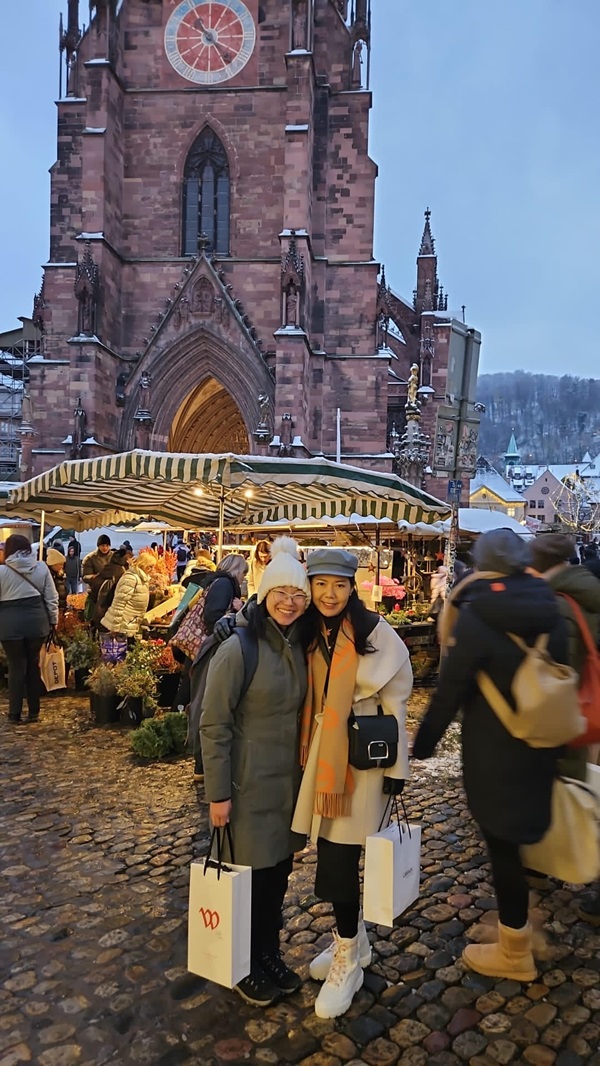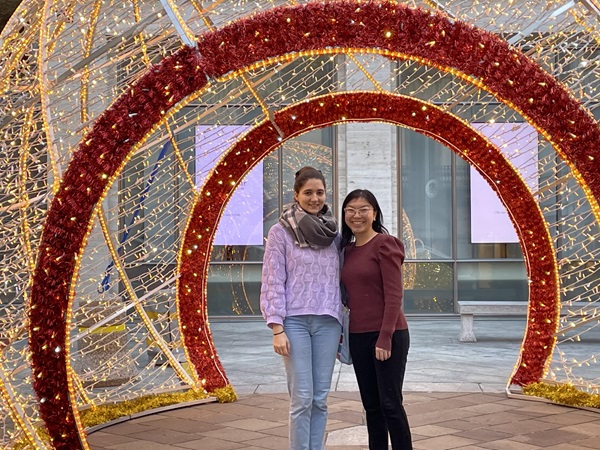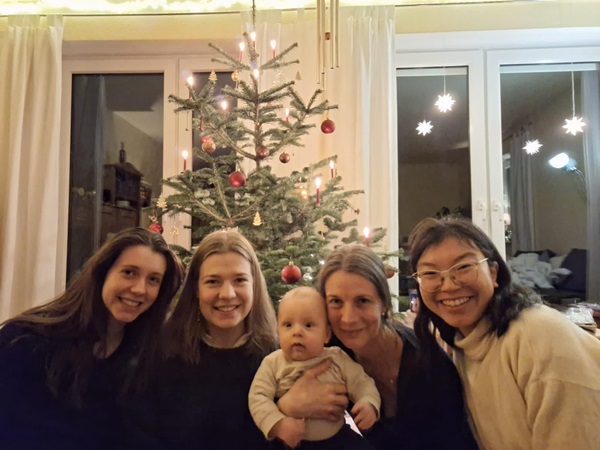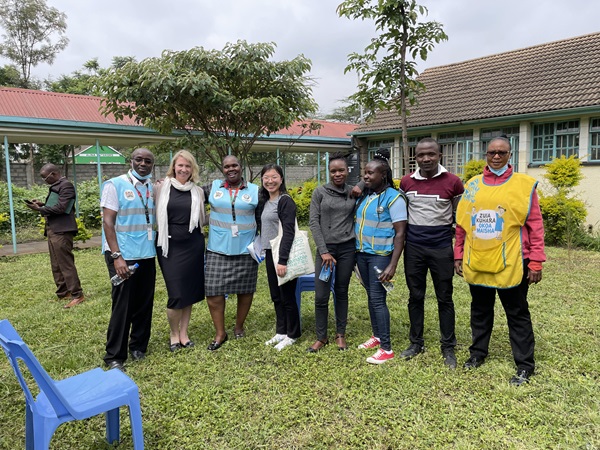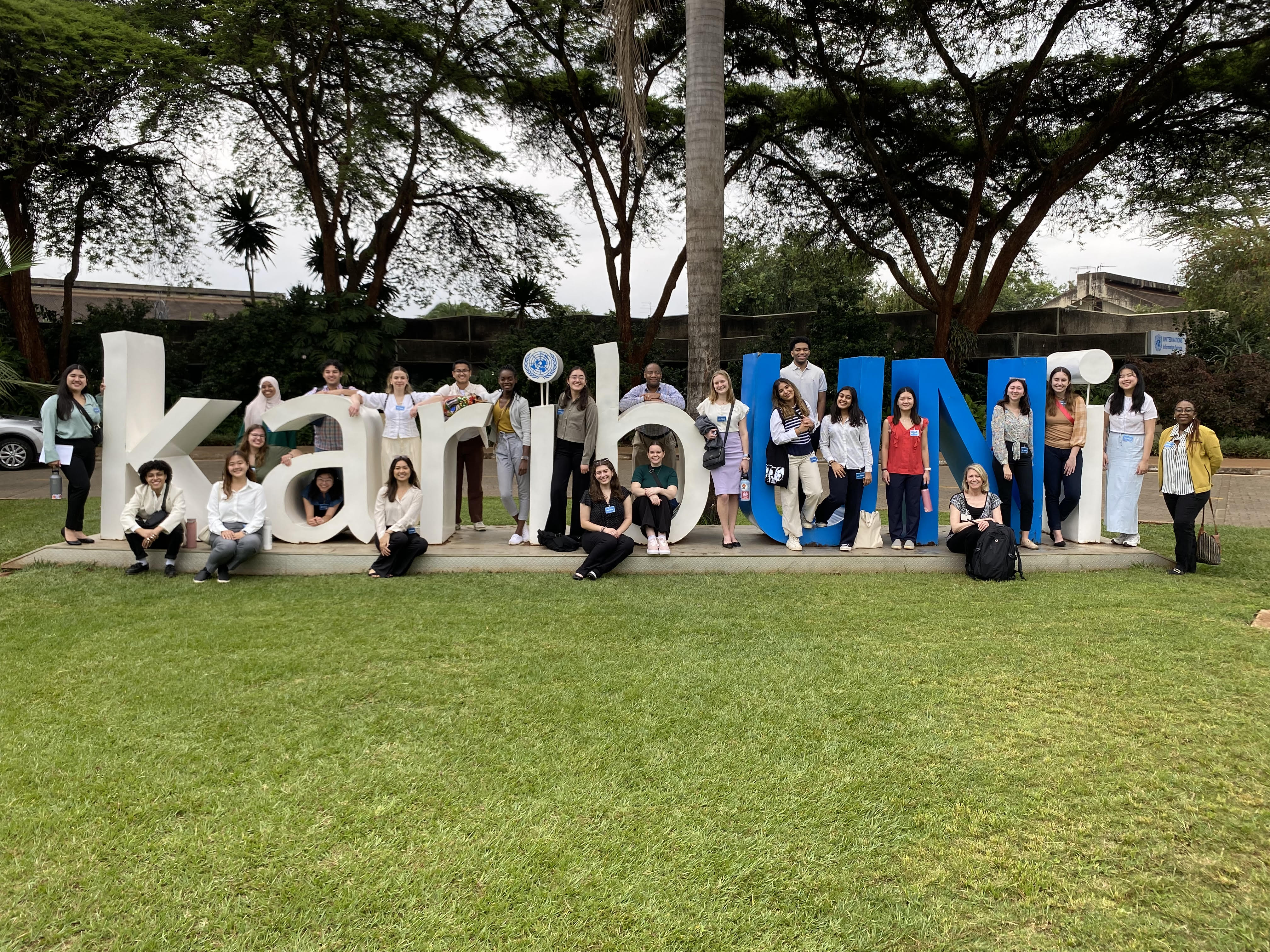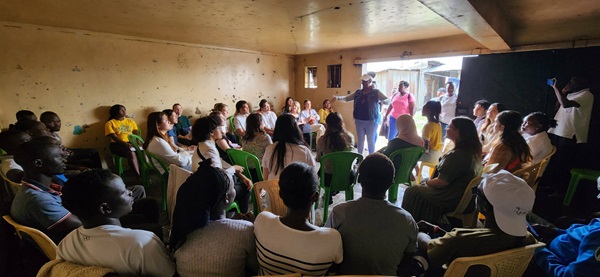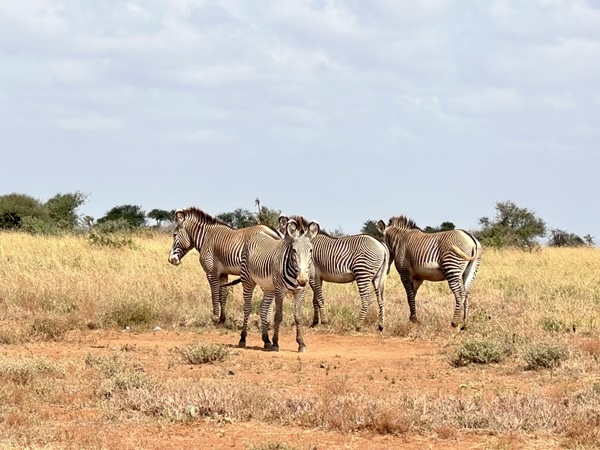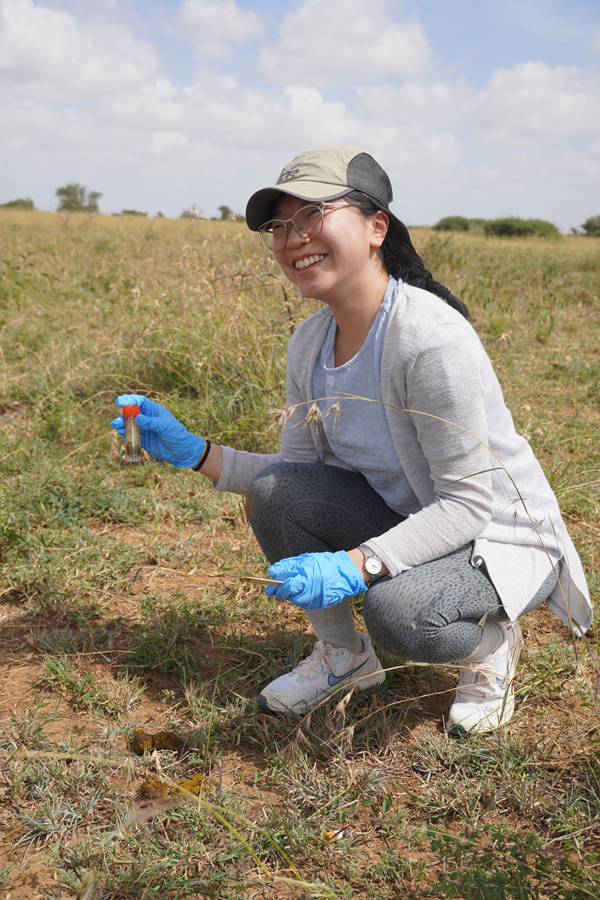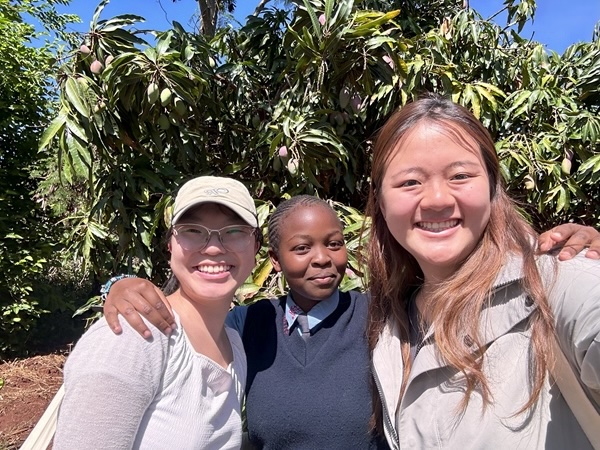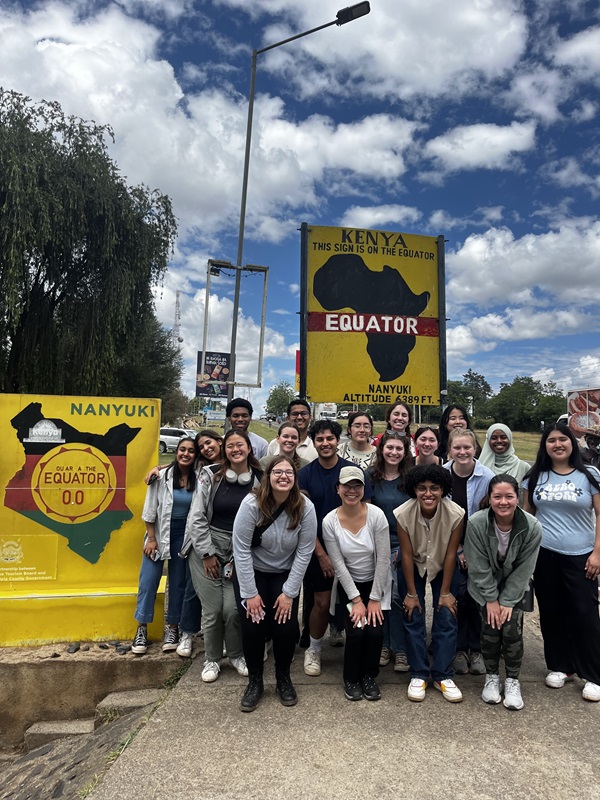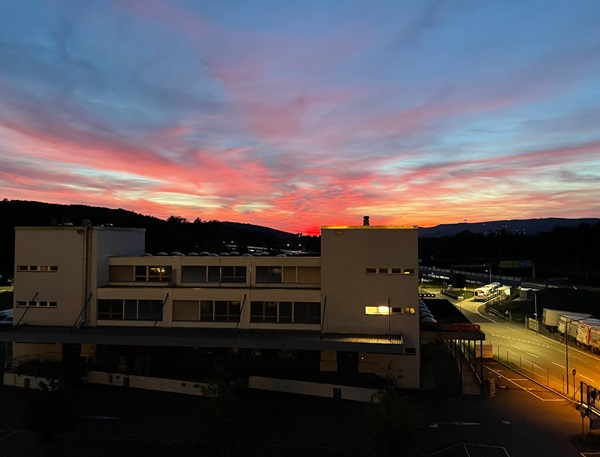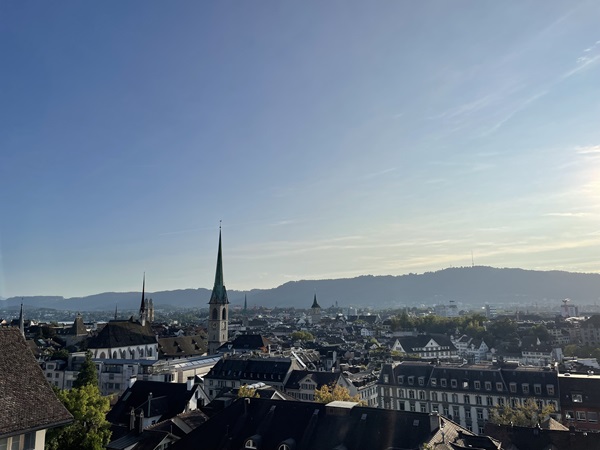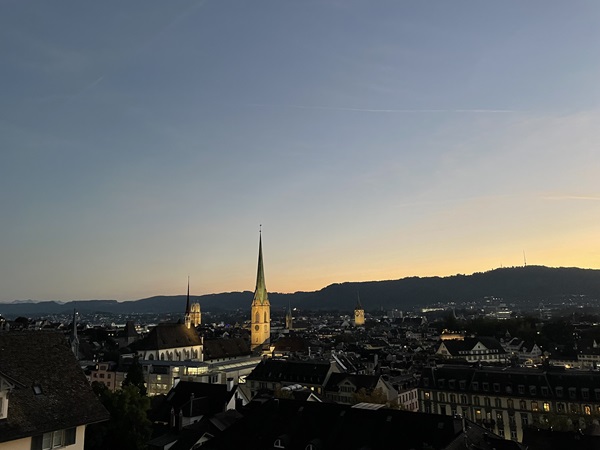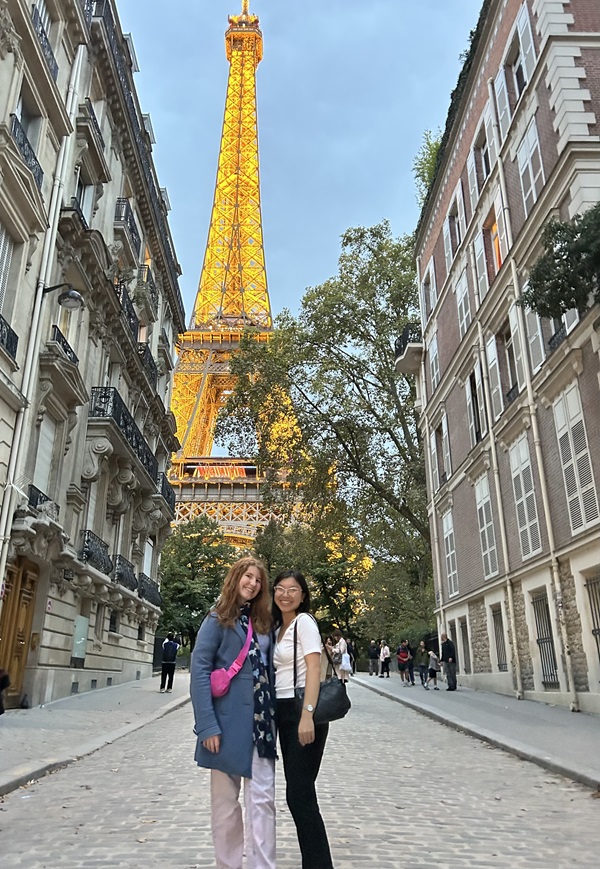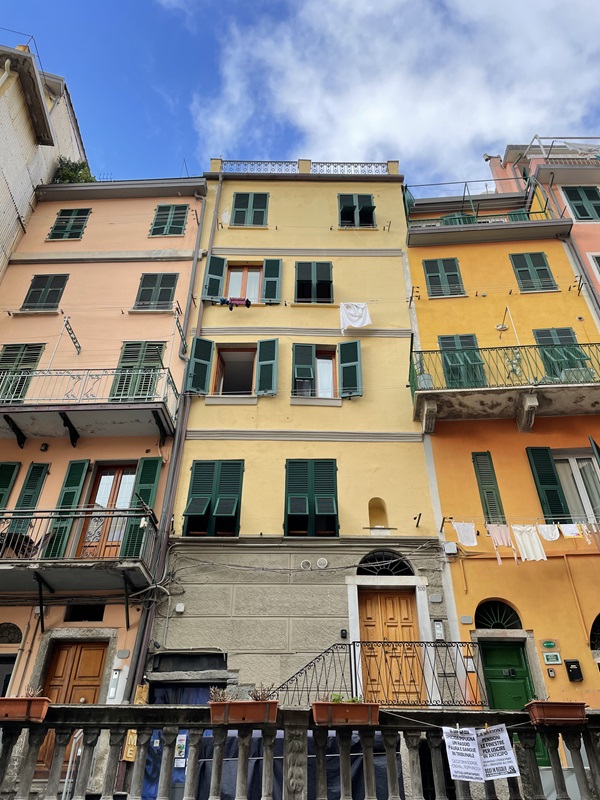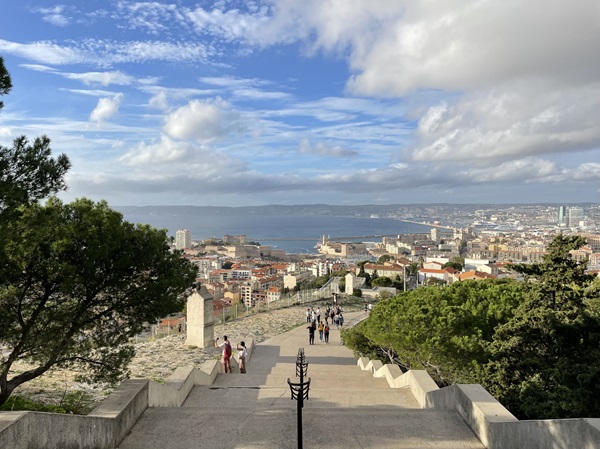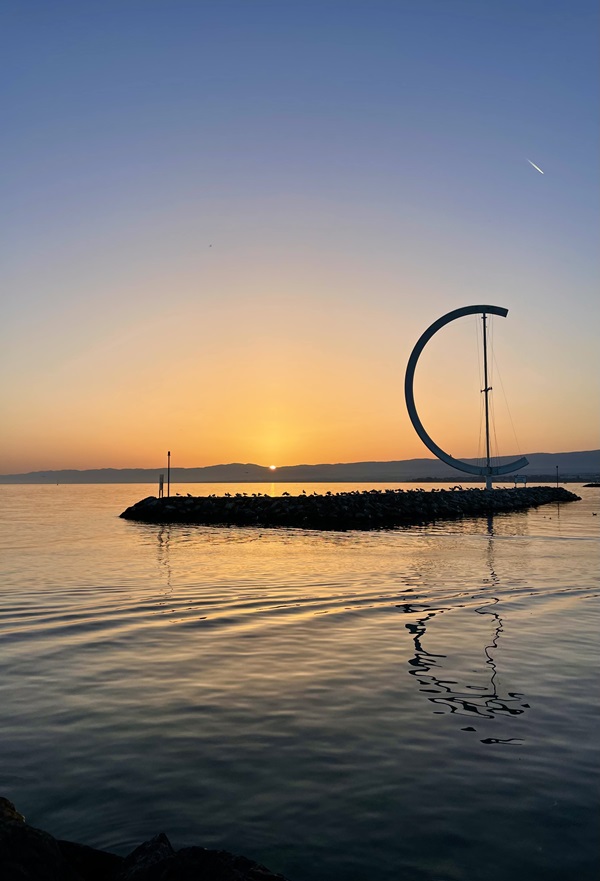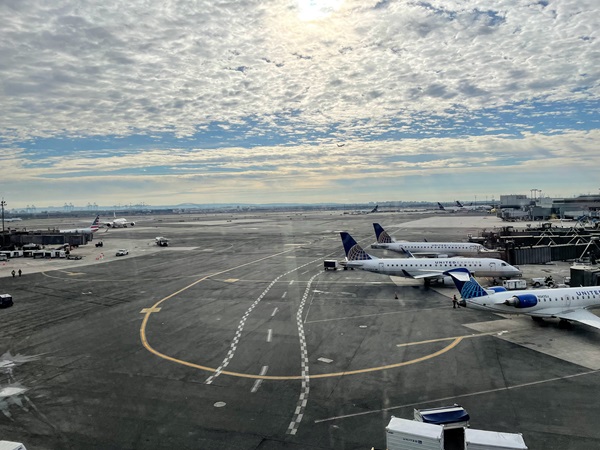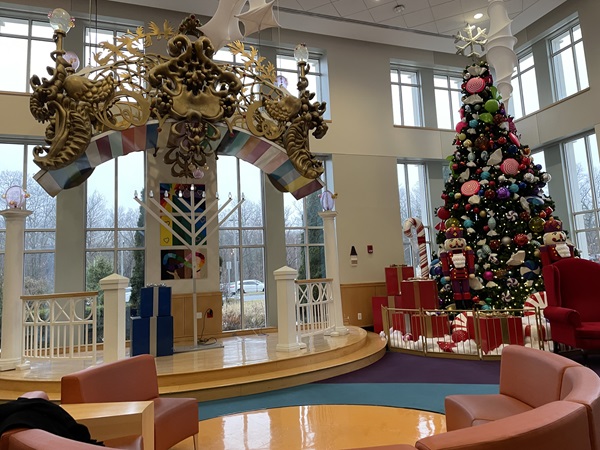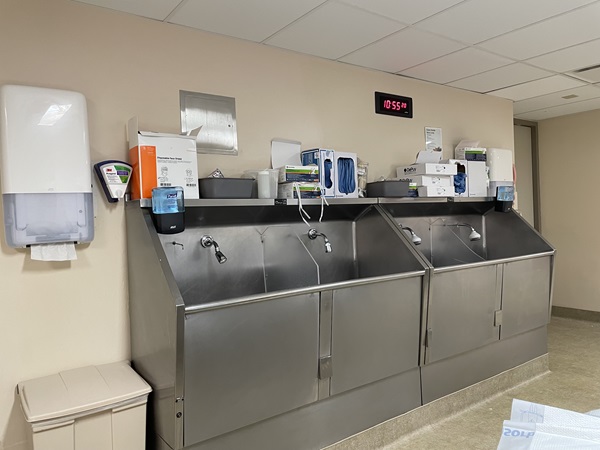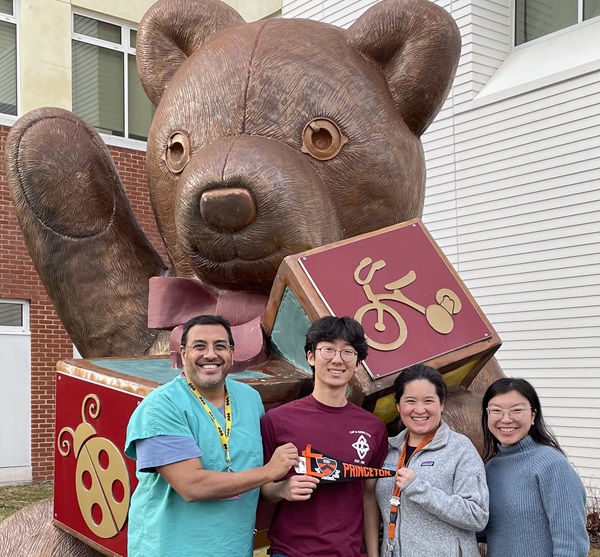The Politics Junior Paper (JP) is a 20-30 page project that juniors in the Politics Department must submit near the end of April. It is largely open-ended, giving students the opportunity to pursue research on topics that fascinate them. Students work closely with an advisor and can run experiments, analyze data, or do something entirely novel.
I’m currently working alongside the (truly) wonderful Professor Stephens-Dougan in the Politics Department to look into what role race plays in shaping voter perception of electoral candidates. My junior paper will be a springboard for my senior thesis, which will dive into the realm of identity politics more comprehensively.
I imagine several students, both current and prospective, are wondering what starting the process of writing your own paper looks like and what type of support systems are in place.
Below, I’ve written a few reflections on what starting this process has looked like for me, where I am now, and what I have learned along the way:
—
Like most research projects, mine began as a simple idea.
After completing several readings for a related class, I became deeply curious about how identity and politics intersect in different ways. I knew I wanted to take what I had learned in the classroom and turn it into something tangible.
The rest of the experience has been a blur — during sophomore and junior fall, I took a mix of required lectures and preceptorials that taught me how to conduct research and data analysis. By the end of my junior fall, I was expected to formally articulate my research question, methodology, independent variable, dependent variable, and hypothesis in a “prospectus,” which helped me solicit feedback and accordingly adjust my research design.
Then, shortly after receiving feedback, I worked with my advisor, former preceptors, and some PhD students — all of whom have been of the utmost help for my project — to go over my research design.
Concurrently, I was also applying for funding from different sources at Princeton, which required submitting an itemized breakdown of how I planned to utilize such funds; And, since I was working with human subjects, I was also going through training with the Collaborative Institutional Training Initiative (CITI) and requesting approval from the Institutional Review Board (IRB) so I could launch my study.
Since then, I’ve been able to conduct my experiment. And now, I am in the final stages of refining my draft before I submit the final copy.
—
In undertaking this experience, I have truly witnessed how research can be deeply rewarding — especially when the topic at hand is something you are deeply passionately about.
But admittedly, there are days where I fear I have fallen short of what I had hoped to achieve. Sometimes I wonder if what I am doing is interesting enough, if it's different.
However, if there is anything I have learned, it is how to take a step back and remember the bigger picture: research at Princeton is a once in a lifetime opportunity, where I am able to work with some of the greatest minds on this campus to make a contribution, no matter how small, to the wealth of human knowledge.







